Tagged with NSPCC
An overview of data on child abuse online.
Key findings from 2019
year on year increases in the numbers and rates of police-recorded online child sexual offences in England and Wales and Northern Ireland
increases in police-recorded offences of obscene publications or indecent photos in all four UK nations over the last five years
increases in the number of URLs confirmed by the Internet Watch Foundation (IWF) as containing child sexual abuse imagery since 2015
less than half of children aged 12 to 15 say they know how to change their settings to control who can view their social media
the majority of parents, carers and members of the public agree that social networks should have a legal responsibility to keep children safe on their platforms.
The Department for Education (DfE) has published statutory guidance about how Relationships Education, Relationships and Sex Education (RSE) and Health Education should be implemented in all schools across England by 2020 (DfE, 2019a). Schools are encouraged to implement the new curriculum from September 2019.
NSPCC's It's Not OK helps children and young people recognise concerning behaviour and identify characteristics of positive relationships. The lesson plans, films and accompanying activities cover what behaviour to look out for and how to respond to it.
NSPCC worked with the PSHE Association to create lesson plans for children aged 10-16 (key stages 2-4) on personal safety and healthy relationships.
The age-appropriate lessons cover subjects such as:
transition to secondary school
online safety and online friendships
consent
sexualised behaviour
unhealthy relationships
sharing sexual images.
Read more
Sign the petition to ensure children are safe online.
Tell Home Secretary Sajid Javid and Digital Secretary Jeremy Wright it's time to tame big tech, and protect our children from online abuse.

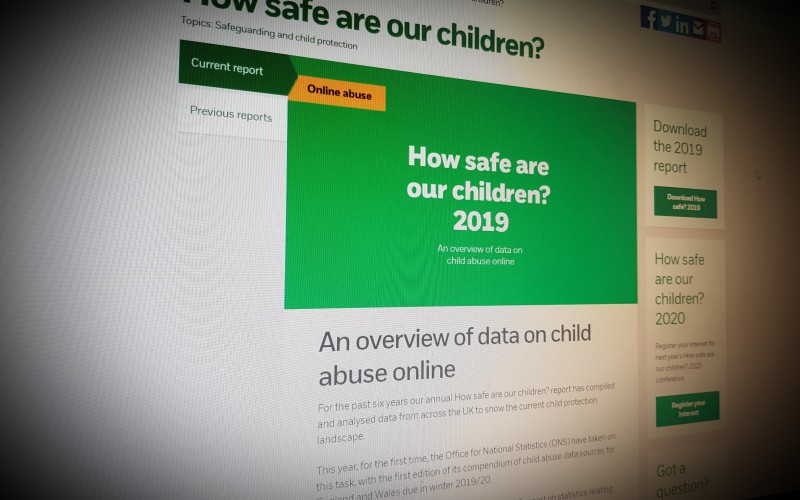
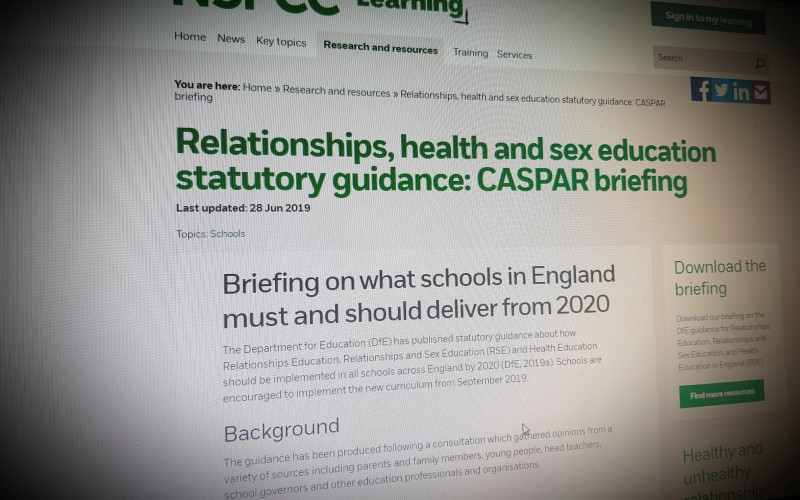
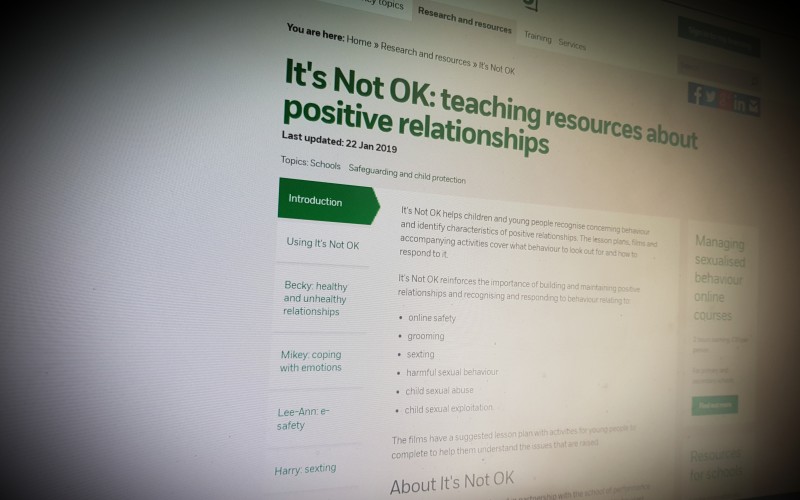
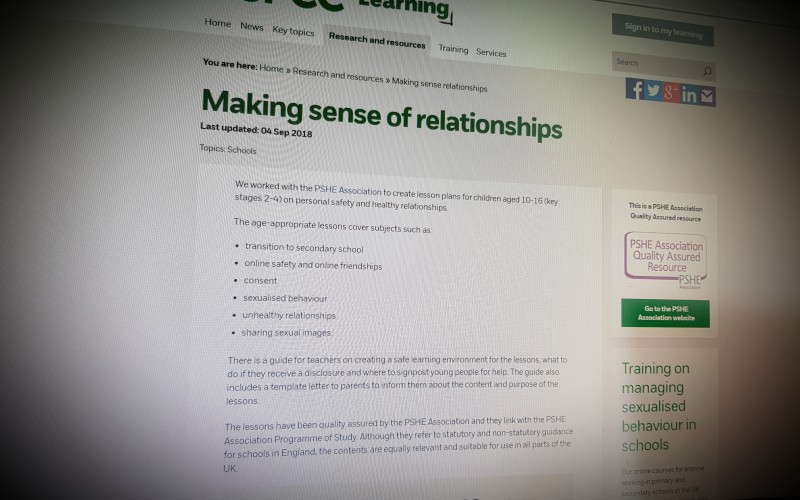
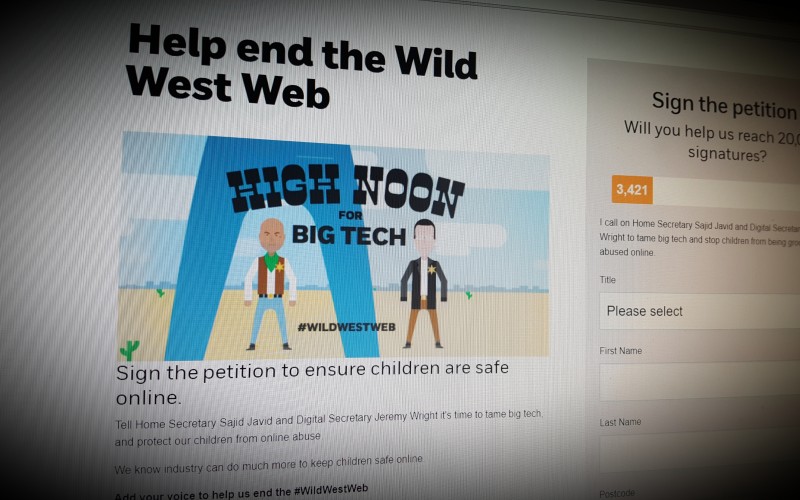
Comments
make a comment